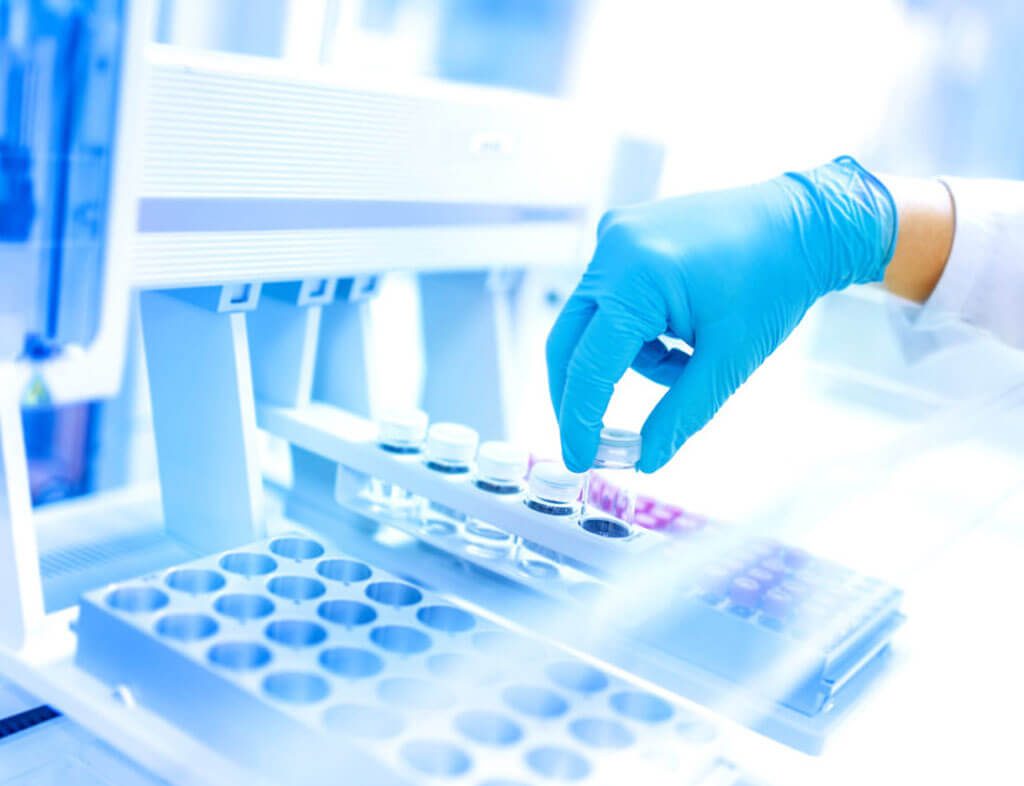Adipose-derived mesenchymal stem cell (AD-MSC) exosomes may have potential for female rejuvenation treatment due to their regenerative, anti-inflammatory, and angiogenic properties.
Exosome treatment for female rejuvenation
Exosome Therapy Advantages
Here are some ways AD-MSC exosomes could contribute to female rejuvenation treatment:
- Tissue regeneration
AD-MSC exosomes promote cell proliferation and migration, which can help regenerate vaginal tissues, such as the epithelium and the connective tissue. This may improve the overall structure and function of the vaginal tissues, leading to increased tightness and sensation. - Collagen synthesis
AD-MSC exosomes contain growth factors and signaling molecules that stimulate collagen synthesis in fibroblasts. Improved collagen production in the vaginal wall can enhance tissue elasticity and firmness, contributing to female rejuvenation. - Extracellular matrix (ECM) remodeling
AD-MSC exosomes can regulate the synthesis and degradation of extracellular matrix proteins, such as collagen and elastin. Maintaining the balance of these proteins can help improve the structural support and hydration of vaginal tissues. - Angiogenesis
Exosomes can promote the formation of new blood vessels by transferring pro-angiogenic factors, such as vascular endothelial growth factor (VEGF), to endothelial cells. Improved blood supply can enhance the delivery of oxygen and nutrients to the vaginal tissues, promoting healing and rejuvenation. - Anti-inflammatory and immunomodulatory effects
AD-MSC exosomes can suppress inflammation and modulate the immune response, which may help promote tissue repair and reduce potential side effects and complications associated with female rejuvenation treatments. - Antioxidant protection
Exosomes can protect cells from oxidative stress and damage by transferring antioxidant molecules, such as superoxide dismutase (SOD) and glutathione peroxidase (GPx). This can help maintain vaginal tissue health and reduce the signs of aging.
Mode of action in female rejuvenation
Exosomes derived from mesenchymal stem cells (MSCs) have been studied as a potential therapeutic option for female rejuvenation. The mode of action of MSC-derived exosomes for female rejuvenation likely involves several mechanisms, including:
Stimulation of collagen production
MSC-derived exosomes contain growth factors and other molecules that can stimulate collagen production in the vaginal tissue, leading to improved vaginal tone and elasticity.
Regulation of vaginal pH
MSC-derived exosomes contain molecules that can regulate the pH of the vaginal environment, which can help to prevent bacterial and fungal infections and maintain vaginal health.
Promotion of blood vessel growth
MSC-derived exosomes contain angiogenic growth factors and other molecules that can promote the growth of new blood vessels, leading to improved blood flow to the vaginal tissue.
Anti-inflammatory effects
MSC-derived exosomes contain anti-inflammatory molecules that can help to reduce inflammation in the vaginal tissue, which can contribute to vaginal dryness and discomfort.
Regulation of hormone levels
MSC-derived exosomes may have the ability to regulate hormone levels in the body, which can be beneficial in the treatment of female atrophy caused by hormonal changes.
Overall, the mode of action of MSC-derived exosomes for female rejuvenation likely involves a combination of these mechanisms, and may depend on factors such as the age of the patient, the specific vaginal condition being treated, and the route and frequency of exosome administration.
Indications for female rejuvenation with Exosome therapy
Adipose-derived mesenchymal stem cell (AD-MSC) exosome treatment for female rejuvenation could potentially benefit a range of patients. However, it is essential to consult with a qualified medical professional to assess the specific needs, expectations, and medical history of the patient to determine the most appropriate treatment approach. Here are some possible patient groups that may benefit from AD-MSC exosome treatment for female rejuvenation:
Postpartum women
Women who have experienced changes in vaginal tissue structure and function after childbirth may benefit from this treatment to help restore the elasticity and tightness of the vaginal wall.
Postmenopausal women
Hormonal changes during menopause can lead to a decrease in collagen production and thinning of the vaginal tissues. AD-MSC exosome treatment may help improve collagen synthesis and rejuvenate the vaginal tissues in this patient group.
Women with stress urinary incontinence
Some women experience stress urinary incontinence due to weakened pelvic floor muscles and supportive tissues. AD-MSC exosome treatment might help improve the strength and function of these tissues, reducing incontinence symptoms.
Women with sexual dysfunction
Some women may experience reduced sexual sensation or discomfort due to changes in the vaginal tissues. AD-MSC exosome treatment could potentially enhance vaginal tissue structure and function, leading to improved sexual experience and satisfaction.
Women with vaginal atrophy or dryness
AD-MSC exosome treatment may help restore vaginal.

EXOFEMALE Procedure
Exosomes are extracted from human mesenchymal stem cells and thoroughly tested for quality and quantity. Containing valuable lipids, messenger RNA, cytokines, and proteins, our bank of Exosomes will be administered accordingly with the Specialist recommendation.
With its specialized laboratories housing all the equipment needed to carry out any Exosome treatment successfully, Bioscience is the only clinic with the ability to help patients achieve the desired results. Before any procedure, extensive steps are taken to ensure that all products undergo a strict screening process that certifies sterility, safety for use, and endotoxin testing.
Request Exosome treatment for female rejuvenation
Request a consultation now on Exosome treatment for female rejuvenation, the new frontier in regenerative medicine. Email info@bioinst.com or fill out the form below to be contacted by one of our experts.
(*) Required fields


